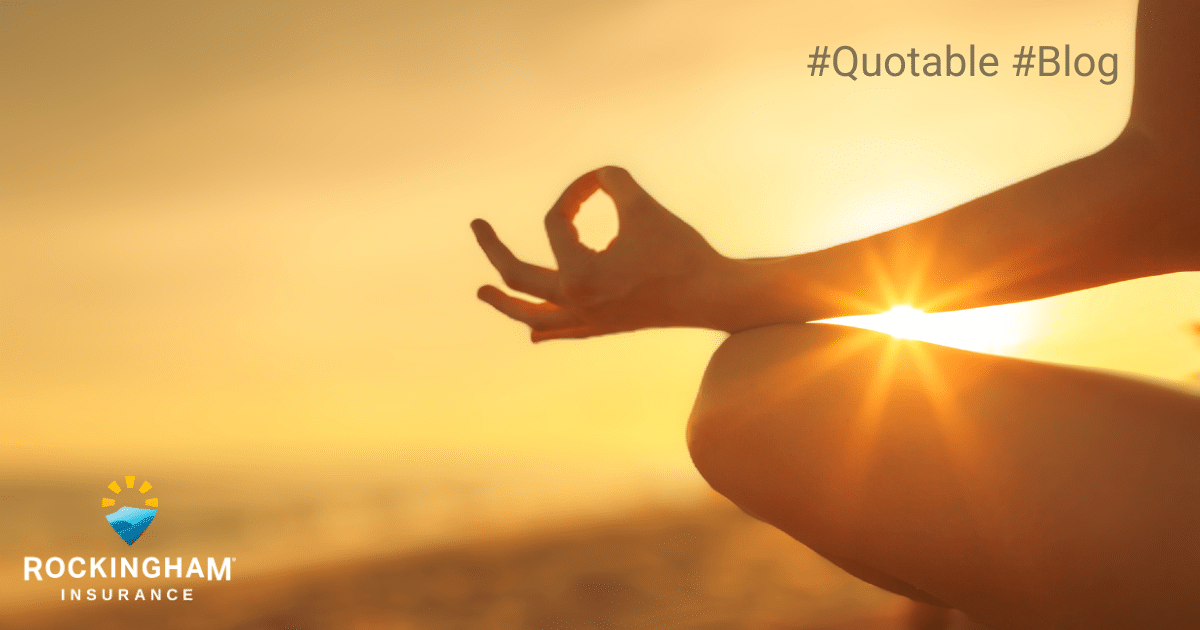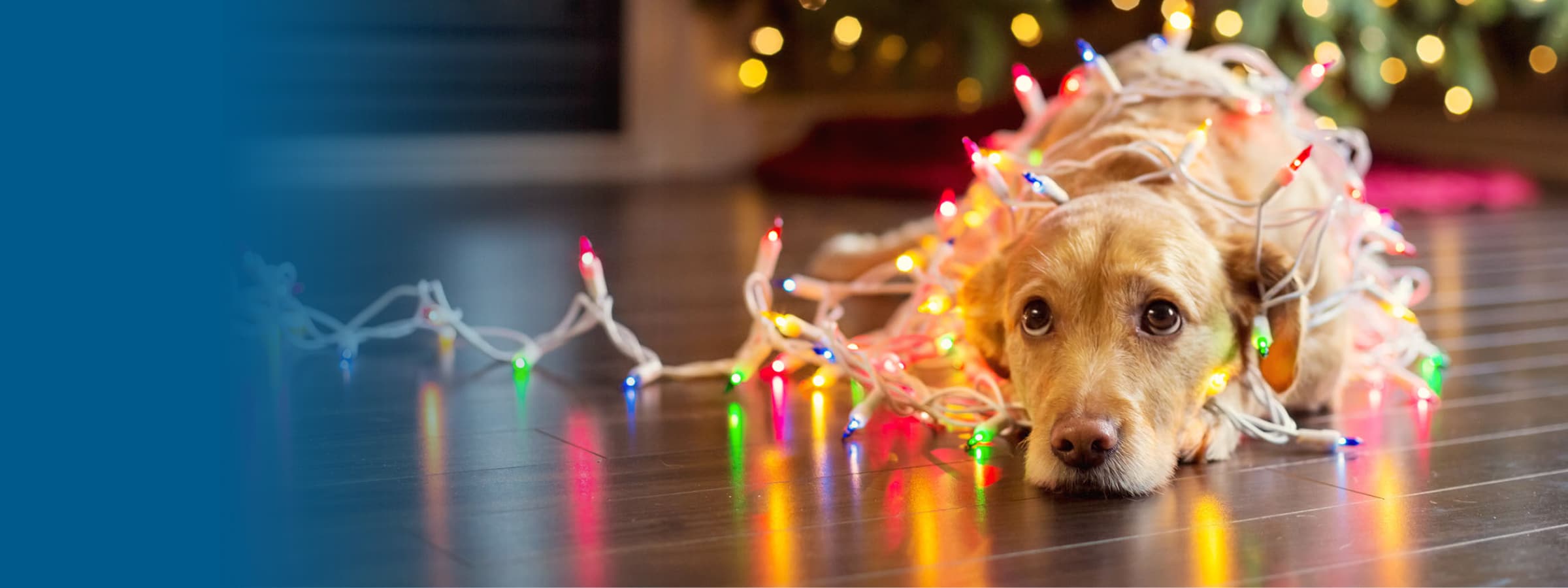Sizzle Safely: How to Grill Smarter
.png)
Summer and grilling go hand in hand. From family dinners to weekend cookouts, outdoor meals are a highlight of the season; but they also come with their own set of fire hazards.
According to the National Fire Protection Association, nearly 9,000 home fires start each year due to grills. So whether you’re a seasoned grill master or firing it up for the first time, here’s what to know to keep your gathering safe, and what your insurance may cover if something goes wrong.
Common Causes of Grill Fires
Most grill fires happen because of simple oversights or equipment malfunctions. Here are some of the most common culprits:
- Grease buildup in the grill or tray
- Grills placed too close to siding, deck railings or overhanging branches
- Gas leaks from hoses or connections
- Lighting a gas grill with the lid closed, causing flare-ups
The good news? All of these risks can be reduced with regular maintenance and a few smart precautions.
Grill Safety Tips That Make a Difference
Whether you’re using gas, charcoal or electric, these safety tips apply:
- Place your grill on a stable, flat surface at least 10 feet from your home or any structures.
- Keep a spray bottle and fire extinguisher nearby in case of minor flare-ups or grease fires.
- Clean your grill regularly to remove grease and fat buildup.
- Open the lid before lighting a gas grill to prevent gas from building up under the hood.
- Check for gas leaks by applying a soapy water solution to connections. If you see bubbles, don’t light the grill.
- Supervise the grill at all times. It only takes a few seconds for flames to get out of control.
What If a Fire Happens? Here’s How Insurance Comes In
If a grill fire causes damage to your home, your standard homeowners policy may help cover the repairs. That includes:
- Structural damage caused by fire or smoke
- Personal property loss (like patio furniture or other belongings)
- Liability coverage if a guest is injured
Keep in mind: your policy likely won’t cover damage caused by negligence, like leaving a lit grill unattended or placing it too close to your home.
Before You Fire It Up
Grilling is one of summer’s greatest joys, and a little caution goes a long way toward keeping it that way. If you’re unsure whether your current homeowners policy provides enough coverage in case of a grill-related mishap, reach out to your trusted Rockingham Insurance agent. We’ll help you understand your policy and make sure you’re protected, so you can focus on flipping burgers, not worrying about what-ifs.
Related posts
Read more articles related to the one you just finished.
%20(1).jpg)
Get a Homeowners insurance quote.
Start the process of finding the right coverage for you. Get a quote and compare us to other companies. Then call an agent and get the right coverage for the right price.
.avif)
.png)





